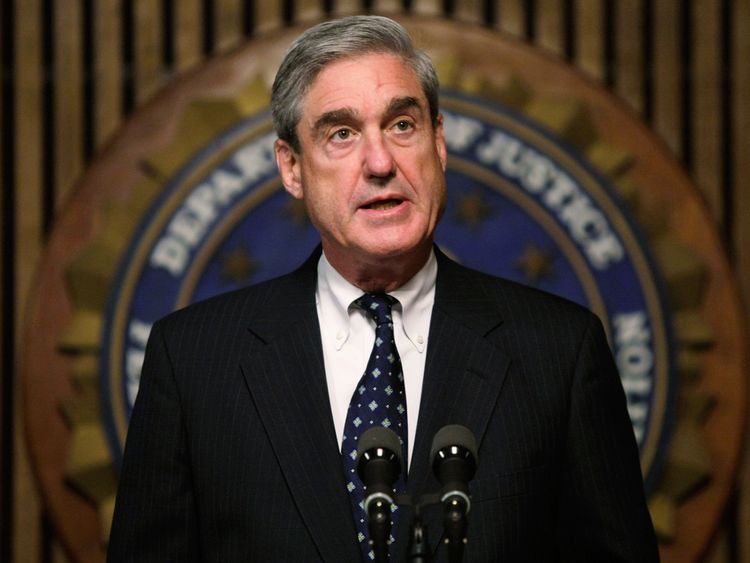Ex-Trump aide Michael Flynn 'should avoid jail' for 'substantial' Russia evidence
Michael Flynn – who became national security adviser to Donald Trump after helping him win the 2016 presidential election – began co-operating with the inquiry led by Robert Mueller after quitting the White House last year.
According to court papers, the evidence he has since provided to the special counsel is “substantial”.
He participated in 19 interviews with prosecutors after agreeing to aid the probe, which has repeatedly been attacked by the president, with some fearful that his post-midterms sacking of attorney general Jeff Sessions would lead to an attempt to bring the inquiry to an end.
Last week, Mr Trump lashed out at his former lawyer, Michael Cohen, for pleading guilty to lying to Congress in charges brought against him by the Mueller investigation.
He accused him of “lying” and called him “weak”, suggesting he had entered the plea solely to get a shorter sentence.
It is unclear whether the president – who has provided written answers to the Mueller investigation – will now turn his fury on Mr Flynn, who could still be jailed for up to six months based on federal sentencing guidelines.
He has largely remained out of the public eye since leaving the Trump administration, having been forced to quit after being found to have lied to the FBI over interactions with ex-Russian US ambassador Sergey Kislyak.
The false statements came in an interview with agents on 24 January 2017, as the Obama administration was levying sanctions on the Kremlin in response to election interference.
As part of his plea deal, Mr Flynn said senior Trump figures – including son-in-law Jared Kushner – were involved in and sometimes directed his actions in the weeks before his old boss took office.
Court papers suggest he was told by Mr Kushner in December 2016 to reach out to several countries, including Russia, about a UN Security Council resolution regarding Israeli settlements.
During those conversations with Mr Kislyak, Mr Flynn asked Moscow to delay or vote against the resolution, a request the Kremlin ultimately rejected.
Mr Flynn also admitted that later that same December, he asked Mr Kislyak not to retaliate in response to the Obama administration sanctions, something he initially told FBI agents he did not do.
Upon leaving the White House, Mr Trump said he was sorry to see him go, but it had to happen because he had misled officials – including Vice President Mike Pence – about those conversations.
Source: Read Full Article



